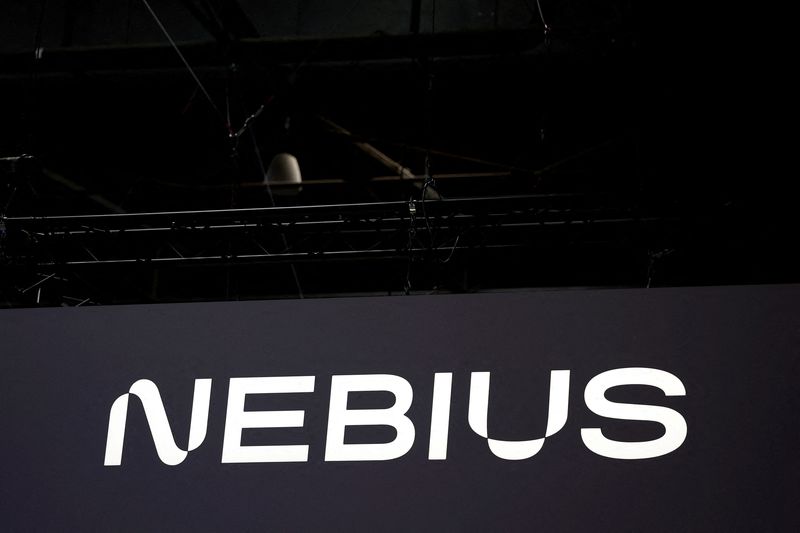Microsoft agreed to buy $17.4 billion in AI compute from Nebius, securing GPU and data center capacity to meet surging demand for generative AI. The deal underscores a move to third party AI infrastructure, scalable cloud solutions, and higher costs for users.

Meta Description: Microsoft 17.4B partnership with Nebius shows how hyperscalers are racing to secure AI infrastructure capacity and scale generative AI integration.
The artificial intelligence boom has reached a pivotal moment. Microsoft announced a large $17.4 billion agreement with Nebius to acquire GPU and data center capacity aimed at supporting generative AI workloads. With options that could increase the total toward $19.4 billion, this transaction reflects how urgent the need for AI infrastructure has become.
Generative AI has driven unprecedented demand for specialized compute. Building data centers and provisioning high density GPU clusters takes time and capital. Even major cloud providers are turning to third party partners to scale capacity quickly. The Microsoft Nebius partnership showcases a broader industry shift toward outsourcing critical AI compute to providers focused on AI infrastructure.
This story highlights search relevant themes IT leaders and product teams are searching for right now. Use terms like AI infrastructure, scalable cloud, hybrid cloud, MLOps, secure data storage, and sustainable data center solutions when researching or planning procurement. These phrases align with evolving search intent and help content appear in generative search overviews and voice queries.
The deal points to several durable shifts in the cloud landscape. First, infrastructure availability will be a major factor in how quickly enterprises can adopt advanced AI features. Second, specialized AI infrastructure providers that optimize for high performance AI workloads may gain competitive advantage over general purpose cloud providers. Third, organizations should plan around cost and access by exploring a mix of enterprise partnerships, hybrid cloud deployments, and efficient MLOps practices to optimize GPU usage.
For businesses planning AI strategies, the lesson is clear. Infrastructure access and cost will shape who can scale generative AI successfully. Teams that prioritize secure, scalable cloud architecture and efficient MLOps will be better positioned to leverage this new wave of AI innovation.



